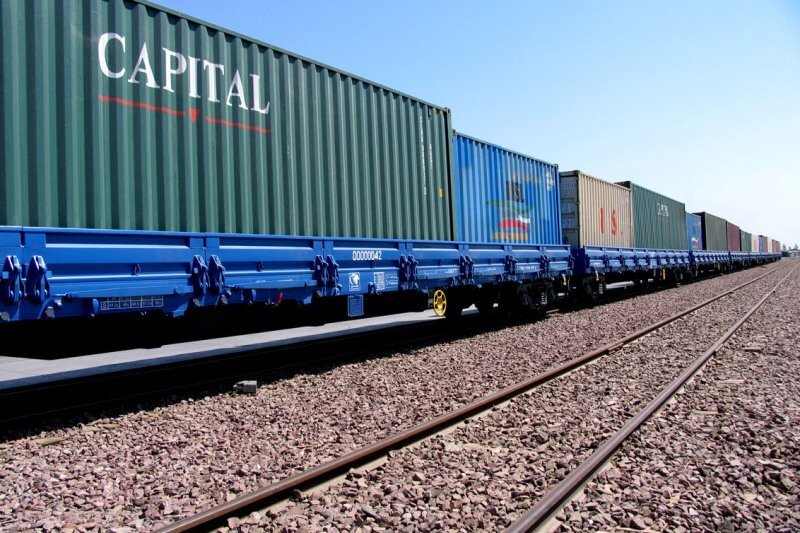TEHRAN- Transit of goods through Iran’s railway network rose 220 percent during the first half of the current Iranian calendar year (March 20-September 21), compared to the first half of the past year, the head of the Islamic Republic of Iran Railways (known as RAI), announced.
Saeed Rasouli also stated that the railways’ share of transit has increased from 10 percent in the past year to 30 percent this year.
While the limitations due to the coronavirus pandemic have decreased road transit significantly, transit via railways has increased, the official added.
Iran has been following new strategies for increasing the share of transit in its foreign trade basket and the country’s railway network has become the center of the government plans for achieving the said goal.
According to Transport and Urban Development Minister Mohammad Eslami, the country is capable of boosting its capacity of transit to 50 million tons per year.
“We should make an essential improvement in our logistics power to gain our share of transit”, Eslami has emphasized.
As the RAI head has said, by completing rail infrastructures like Khaf-Herat railway, Iran would be able to access transit markets with over 35 million tons of annual capacity.
Rasouli underlined Iran’s geopolitical and strategic position which has turned the country into a vital gateway for regional and international trade and said: “We must make the most of this position and these capacities.”
We only have the capacity to transit 18 million tons of goods in the region, a large part of which is transported through sea, he said, adding: “With the development of rail infrastructure, including the Khaf-Herat, Chabahar-Zahedan and Shalamcheh-Basra railway projects, we will access a market of 35 million tons in the region and we must step up our efforts to increase the share of rail transportation in transit.”
“The Khaf-Herat line has a transit potential of nearly two million tons; with the expansion of the rail network in Afghanistan, this capacity will definitely increase exponentially and we can reach much larger markets,” Rasouli said.




